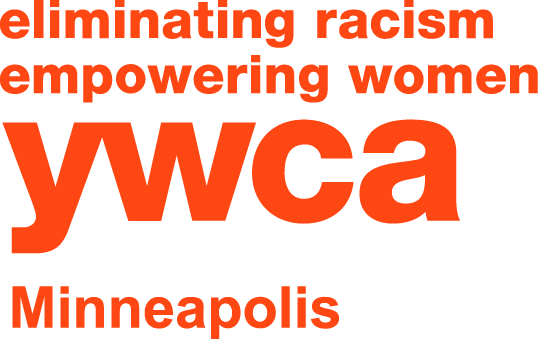The Building Blocks for High-Quality Early Childhood Education
Neurological research shows that the early years are vital in children’s brain development. As infants, children start absorbing the world around them, like sounds, tastes, words and facial expressions.
Curating Opportunities to Learn
YWCA Minneapolis uses a comprehensive curriculum created by our own early learning center leadership and researchers. We curate learning opportunities to help young children develop language and literacy skills, physical and fine motor skills, problem-solving skills, social and emotional skills, math and science skills and creativity.The curriculum has a research-based, anti-bias foundation that celebrates different cultures in a developmentally appropriate way.

How We Tell Children are Ready for School
Tracking development is one of the top Parent Aware standards for high-quality early childhood education. Children are ready for school when they have early signs of cognitive ability, maturity, social skills and self-regulatory skills. We assess children in each YWCA Minneapolis Children’s Center for growth to make sure they are on track. If necessary, based on these assessments, we make referrals to other services, or create specialized learning plans to help give children a boost to succeed.

Understanding the Assessment Tools
We use different assessment tools to tell if a child is on track. One is the Work Sampling Assessment, a 69-point assessment used by the Minnesota Department of Education to measure school readiness.Age-appropriate development is measured using the Ounce Scale Assessment, a rigorous tool for determining if children are developmentally on track. This tool also provides information on the needs and strengths of each child to support optimal learning at all ability levels.

Children’s Success at YWCA
With these assessment, we are able to conclude that 95 percent of children in YWCA Minneapolis Children’s Centers, infant through preschoolers, are on track with age-appropriate development. Ninety-four percent of preschoolers are proficient in school readiness standards. And 97 percent of children demonstrate grounding in their own culture and were comfortable with people of diverse backgrounds.
